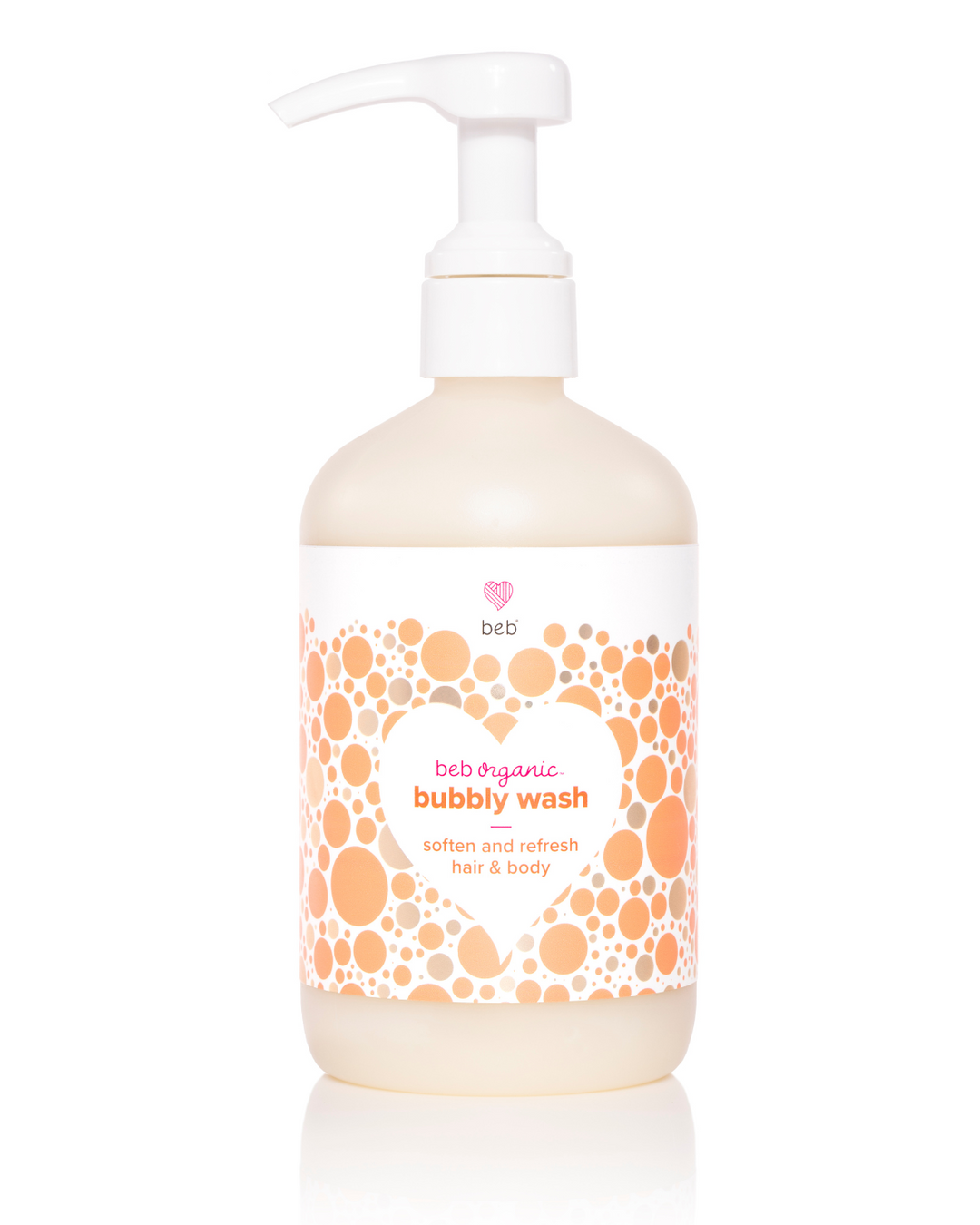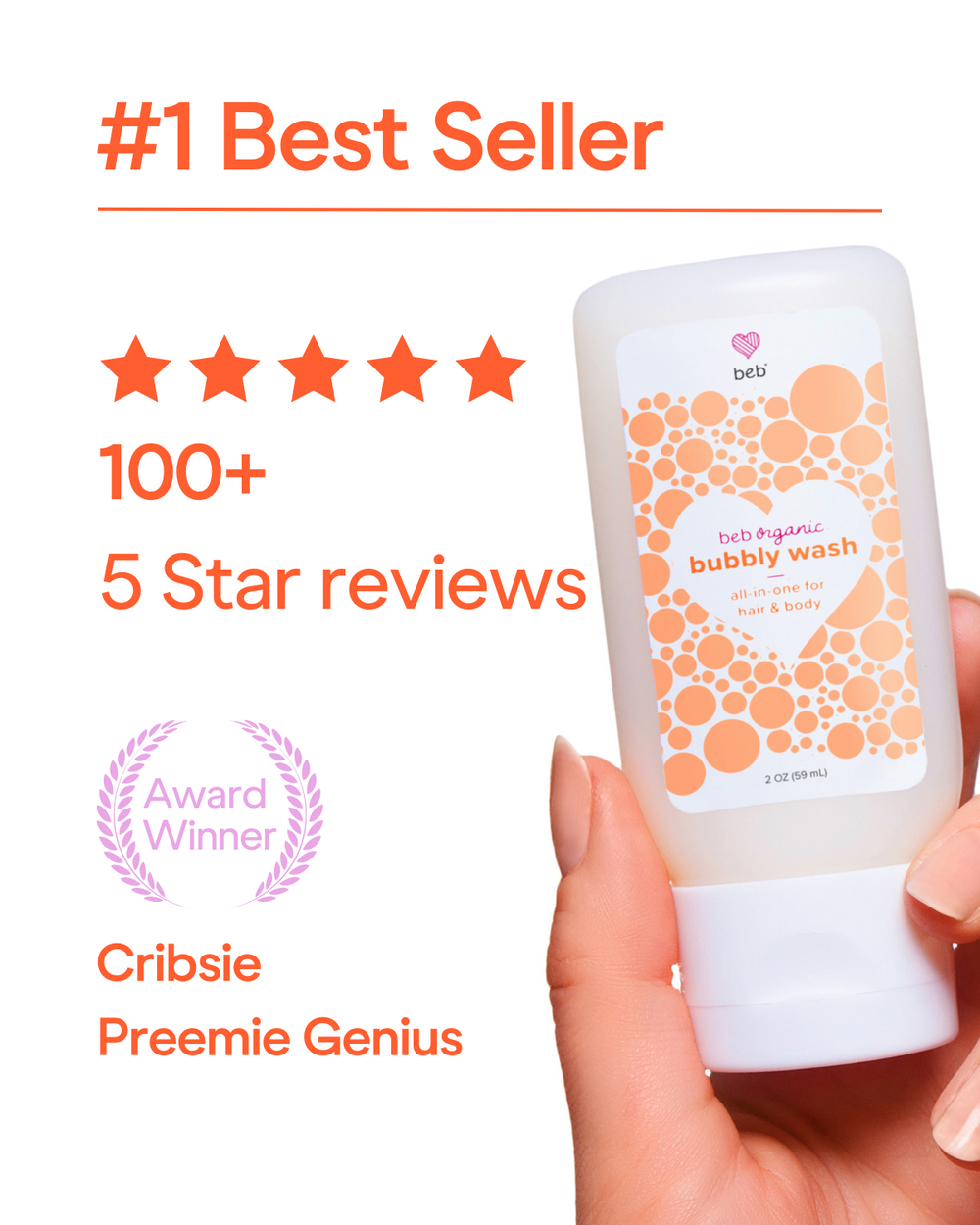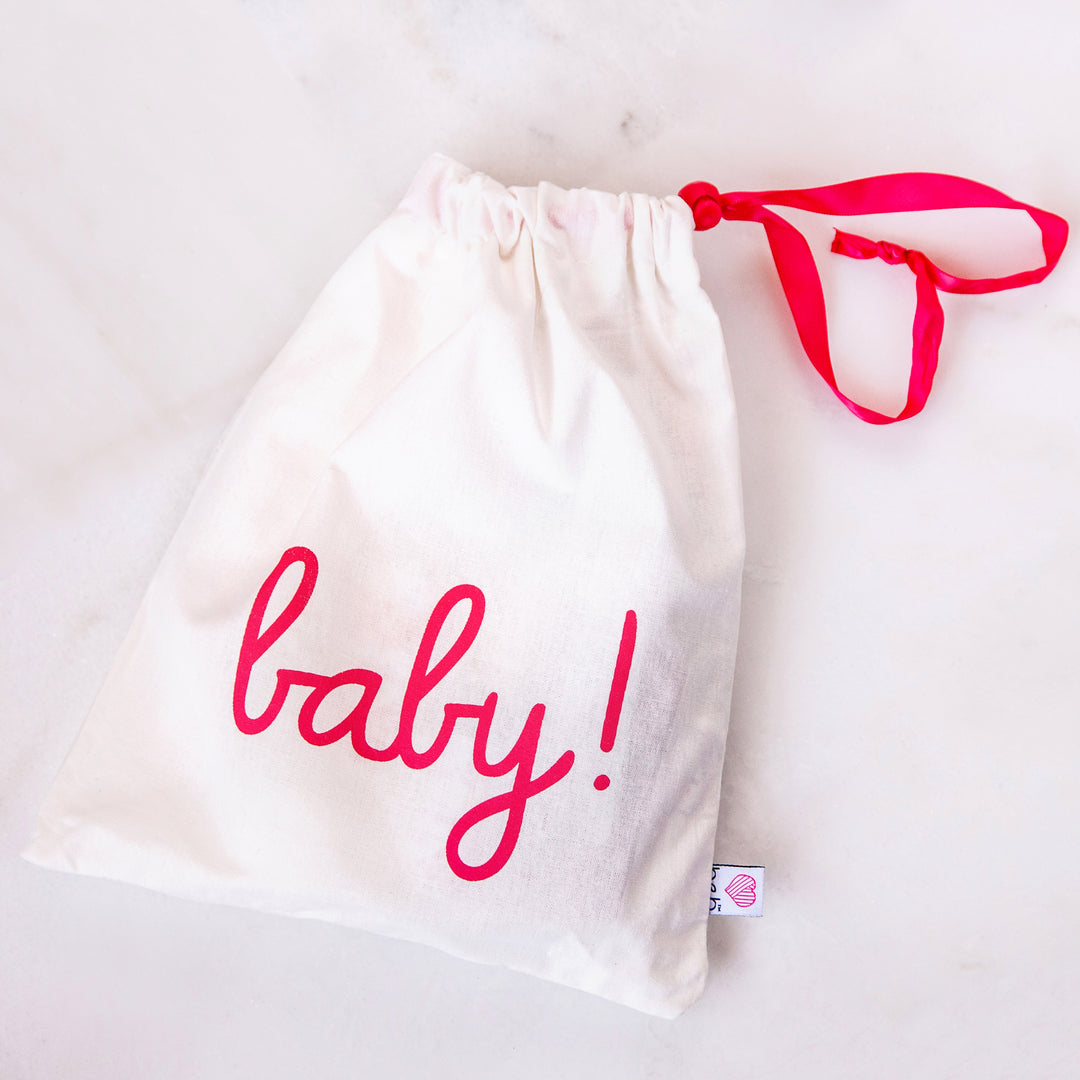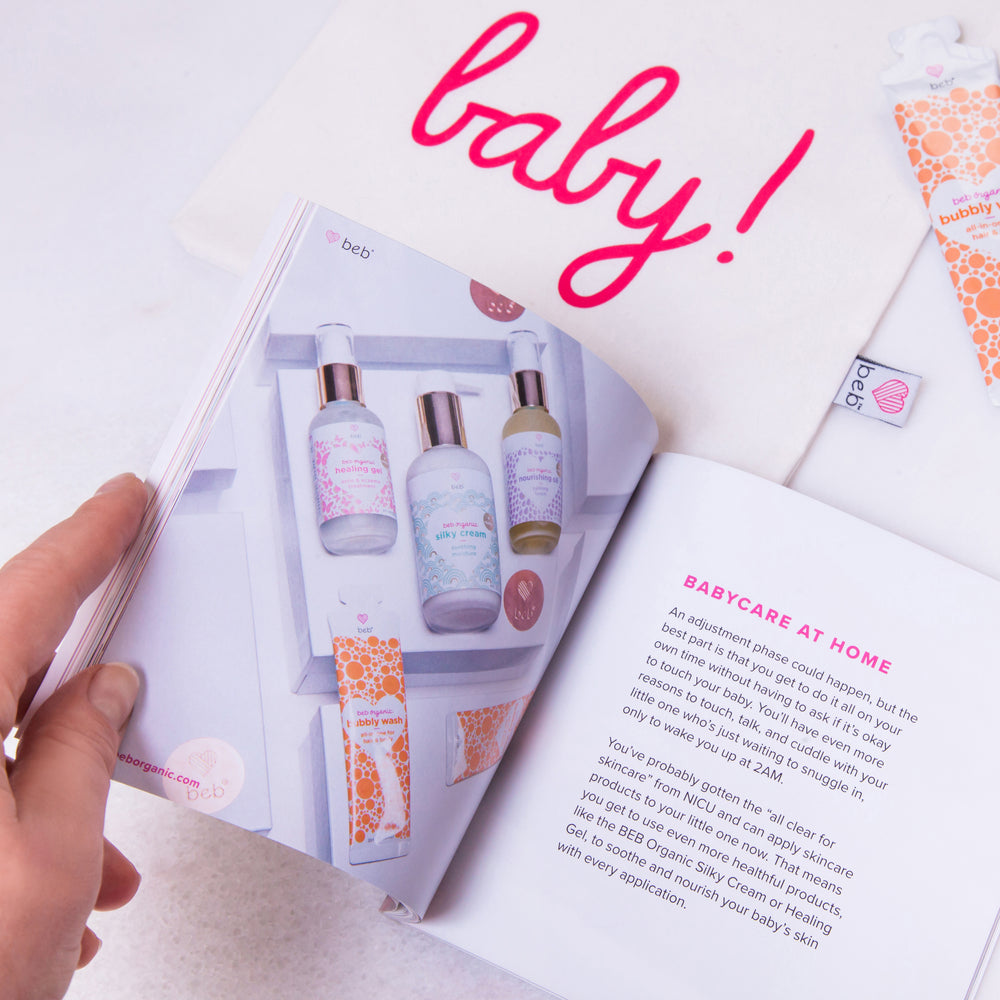Choosing the Right Fabric for Preemie Clothes: Supporting Sensitive Skin

For parents of premature babies, choosing clothing goes beyond fashion or style—it's about selecting fabrics that respect and protect their baby’s highly sensitive skin. Delicate, premature skin is more susceptible to irritation and discomfort, so opting for hypoallergenic, breathable materials in organic preemie clothes is essential. This guide covers the best materials for preemie clothing, exploring the benefits of options like bamboo, organic cotton, and polyester blends, and offering practical care tips for supporting preemie skin health.
Why Fabric Choice Matters for Preemies
Preemies often have thinner, more fragile skin than full-term infants, which can make them vulnerable to irritation from rough materials, chemical residues, or poor air circulation. Using breathable, hypoallergenic fabrics helps create a gentle barrier between the skin and the environment, keeping babies comfortable and safe from potential allergens. Whether your baby is spending time in the NICU or has come home, choosing the right fabric is foundational to their overall comfort and health. You'll also want to be aware of what types of additives are in the materials you choose, like fire retardants or pesticides.
Top Fabric Choices for Preemie Clothes
Here’s a closer look at the best materials for preemie clothes, including their specific benefits and why they’re ideal for preemie skin health.
1. Organic Cotton
Organic cotton is one of the best materials for preemie clothes, offering both softness and breathability. This natural fiber is grown without harsh chemicals or pesticides, making it a safer choice for babies with sensitive skin. Organic cotton is hypoallergenic, meaning it’s less likely to trigger irritation or allergic reactions, which is especially important for preemies prone to skin sensitivity.
- Benefits: Organic cotton is lightweight and breathable, helping to regulate body temperature and reduce the risk of rashes or overheating.
- Usage Tips: Look for simple garments, like onesies and sleepers, made from organic cotton to keep preemies comfortable. If you notice redness or irritation on your baby’s skin, organic cotton clothing can help reduce friction and discomfort.
- Additional Care: Using a natural diaper balm can help protect areas prone to friction, such as around diaper edges or under seams. Apply a thin layer after each diaper change to keep your baby’s skin smooth and healthy.
2. Bamboo
Bamboo is an increasingly popular choice for preemie organic clothes due to its soft, silky texture and eco-friendly production process. Known for its natural antibacterial and moisture-wicking properties, bamboo keeps babies feeling cool and comfortable by pulling moisture away from the skin. This material is also hypoallergenic and contains no harsh chemicals, making it ideal for sensitive skin.
- Benefits: Bamboo’s moisture-wicking properties help to prevent dampness on the skin, which can lead to irritation or rashes. It’s also naturally antimicrobial, meaning it resists bacteria that can accumulate on the fabric.
- Usage Tips: Bamboo clothing is perfect for warmer months or for babies prone to overheating, as it helps regulate temperature. Consider bamboo onesies, wraps, or gowns that allow airflow and prevent moisture buildup.
- Additional Care: Because bamboo is so gentle, it’s great for preventing skin irritation. If you notice any dryness or patches, applying a lightweight, fragrance-free lotion to your baby’s skin can help restore softness without clogging pores or causing irritation.
3. Polyester and Polyester Blends
Polyester is a synthetic fiber that can be blended with natural fibers like cotton to enhance durability and stretch. However, pure polyester tends to trap heat and moisture, which isn’t ideal for preemie skin health. When blended with cotton or bamboo, it can provide some breathability while offering the durability needed for active wear or easy washing.
- Benefits: Polyester blends are durable, often more affordable, and hold up well to frequent washing. When combined with cotton or bamboo, polyester can be suitable for outer layers like sleep sacks or jackets.
- Usage Tips: Polyester blends may be a good choice for outerwear or cooler weather layers, as they’re durable and help insulate warmth. Always prioritize blends over pure polyester to ensure adequate breathability.
- Additional Care: For any polyester-blend items that may be close to the skin, consider pre-washing them a few times with a fragrance-free, hypoallergenic detergent to remove any chemical residues that could irritate sensitive skin.
How to Care for Preemie Clothes
Taking special care of your preemie’s clothes is essential for maintaining fabric softness and reducing the risk of irritation. Proper washing and drying can preserve the quality of organic fabrics, reduce allergens, and extend the life of each garment.
- Choose Gentle Detergents: Use a fragrance-free, dye-free detergent that is specially formulated for sensitive skin. Look for labels like “hypoallergenic” and “free and clear” to avoid any harsh additives.
- Skip Fabric Softeners: Fabric softeners can leave behind residues that may irritate delicate skin. Instead, line-dry cotton and bamboo clothes when possible, or use a dryer on a low setting to maintain softness.
- Pre-Wash New Clothes: Pre-wash all new preemie clothes before putting them on your baby. This step removes any residual chemicals from the manufacturing process, ensuring the fabric is safe against your baby’s skin.
- Avoid High Heat: High heat can break down natural fibers, especially bamboo and organic cotton. Opt for a gentle or cool cycle in both the washer and dryer to help preserve the fabric’s softness and hypoallergenic properties.
Common Questions About Choosing Fabrics for Preemie Clothes
Q: What makes organic fabrics better for preemies?
Organic fabrics, such as organic cotton, are grown without pesticides, chemical fertilizers, or synthetic dyes, making them less likely to irritate sensitive skin. Preemie skin, which is thinner and more delicate, is prone to irritation from harsh residues often found in conventional clothing. Organic fabrics also retain their breathability, making them perfect for temperature-sensitive infants.
Q: Are polyester blends safe for preemie skin?
Polyester blends can be safe if they’re combined with more breathable materials like cotton or bamboo. However, polyester alone may trap moisture and heat, which can lead to rashes. It’s best to choose polyester-cotton or polyester-bamboo blends when looking for affordable, durable fabrics that can also be gentle on preemie skin.
Q: What if my preemie has a rash or irritated skin?
If you notice any irritation or rash on your preemie’s skin, switch to clothing made from organic cotton or bamboo. These materials reduce friction and wick away moisture, helping the skin breathe and heal. For sensitive areas, consider using BEB Organic’s Diaper Balm to soothe and protect the skin. Its natural, gentle ingredients provide a barrier without clogging pores or causing further irritation.
In Sum: Choosing the Best Clothes for Preemies
For preemies, clothing isn’t just about style—it’s a fundamental part of their comfort and health. When choosing preemie clothes, prioritize organic materials that are soft, breathable, and hypoallergenic to support your baby’s sensitive skin. Bamboo and organic cotton are excellent choices that provide comfort, temperature regulation, and minimal risk of irritation.
As you navigate the world of preemie clothing, remember that a little extra care in selecting fabrics and caring for each item can make a big difference. If you’re still exploring options, consult with NICU staff or other parents who’ve been on the same journey. Your preemie’s comfort, well-being, and skin health are worth every thoughtful decision you make, from fabric choices to special care routines.










